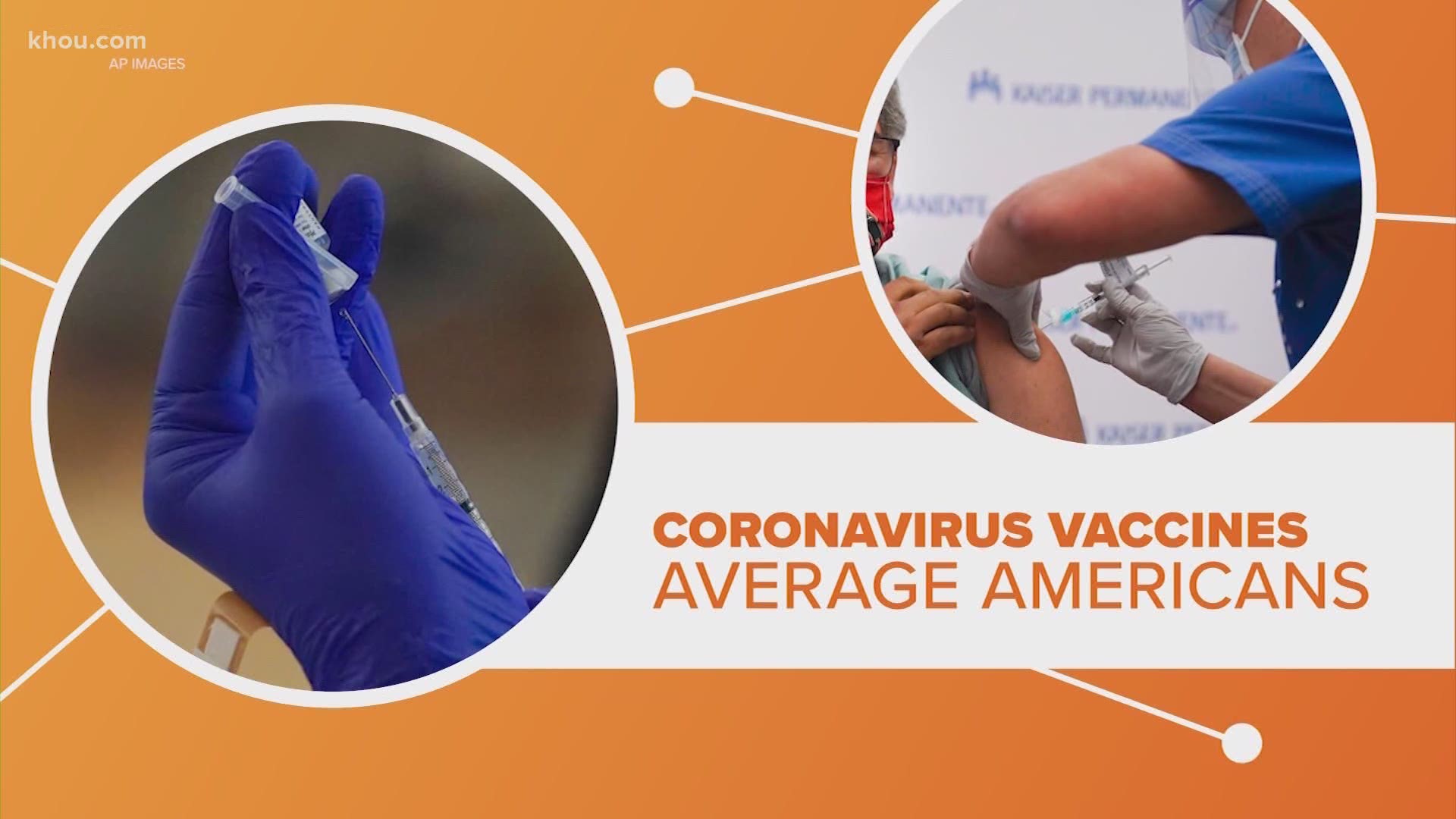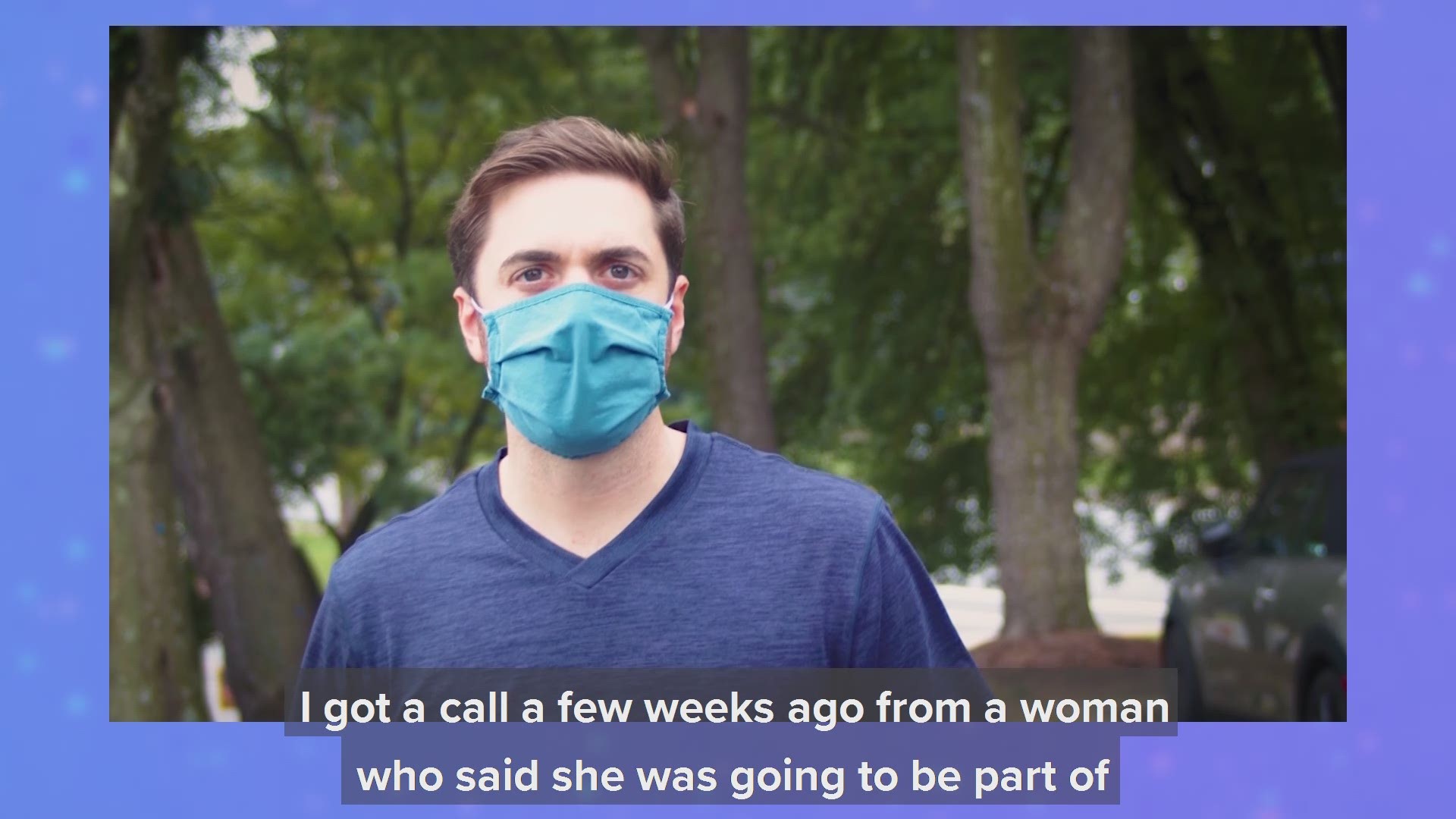WASHINGTON — As the first approved COVID-19 vaccinations get underway across the United States, the Centers for Disease Control and Prevention plans to use a text messaging tool to track potential side effects.
Once a person receives a COVID-19 vaccine, they'll be given an information sheet about the v-safe smartphone tool, the CDC website explains. Participation is voluntary.
The system is meant to give healthcare officials early alerts about any possible adverse reactions people may be having from the coronavirus vaccines.
"This information helps CDC monitor the safety of COVID-19 vaccines in near real time. If any serious health problems are reported, they can be quickly investigated by CDC’s medical experts and scientists," the CDC explains on its page on frequently asked questions about v-safe.
After registering, during the first week after getting a vaccine, v-safe will send you a text each day with a link to a health check-in to ask how you are doing.
After that first week, the check-in messages will come just once a week for up to 5 weeks. The CDC says the questions should take less than five minutes to answer.
The system is also designed to remind you to get your second COVID-19 vaccine dose, if you need one. Both the Pfizer and Moderna coronavirus vaccines require two doses.
Depending on how you respond to the v-safe check-in, someone from the CDC may call to get more information.
Some common side effects from a COVID-19 vaccine include pain and swelling on the arm where you got the shot, along with fever, chills, tiredness and headaches. The CDC notes that side effects may feel like the flu and even affect your ability to do daily activities, but they should go away in a few days. If the side effects don't seem to be going away, you should contact your doctor or healthcare provider.
The CDC website states that personal information in v-safe is "protected so that it stays confidential and private."
The Washington Post recently reported some health and technology experts worry hackers or anti-vaccine activists may be able to access the software to create fake or misleading reports. However, one federal health official told the Post there are safeguards in place to block false info.


